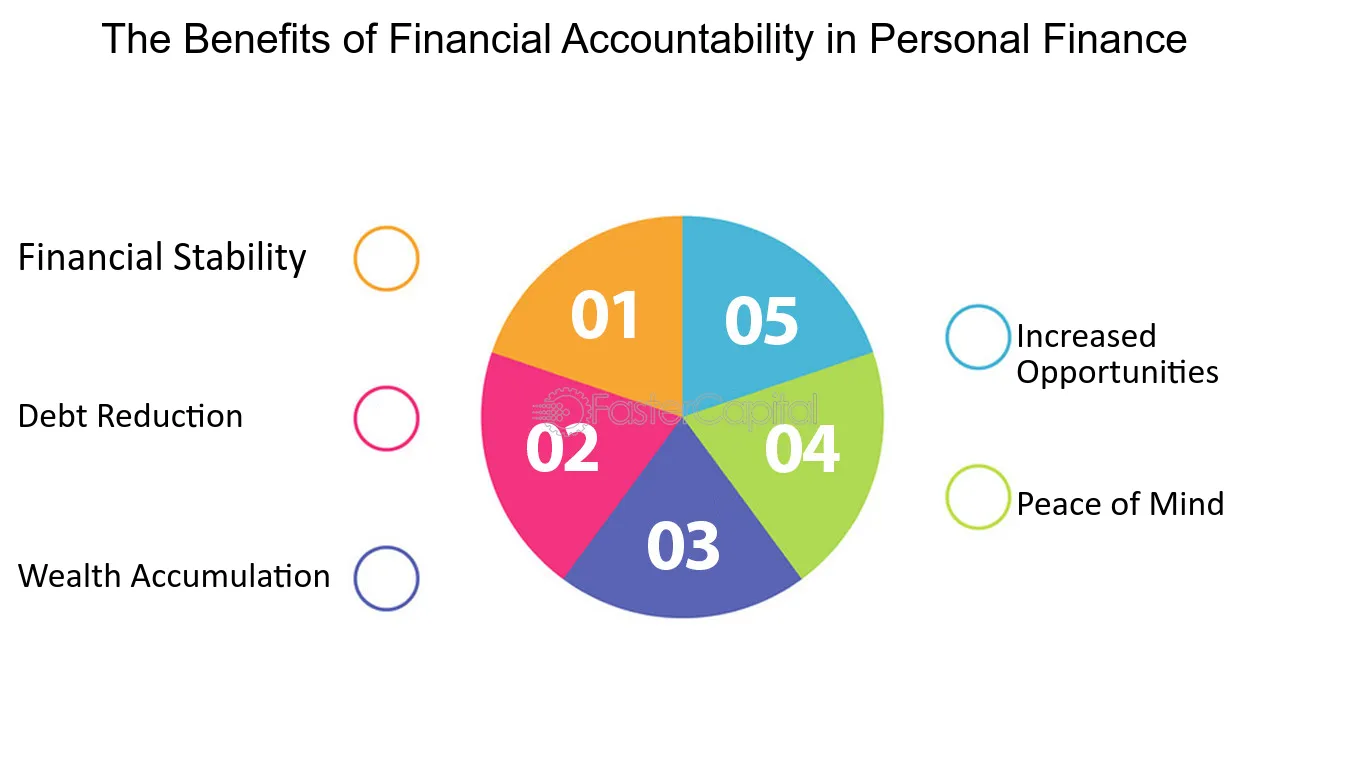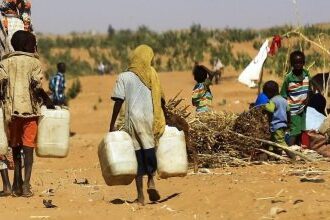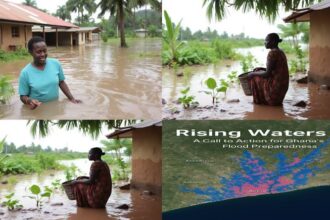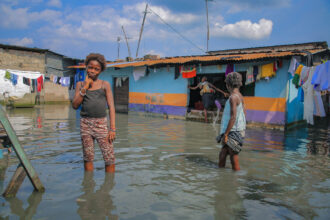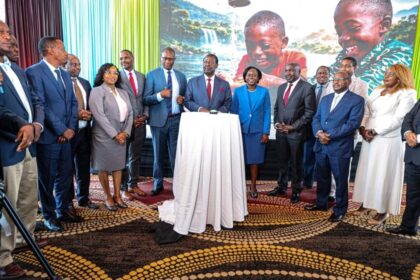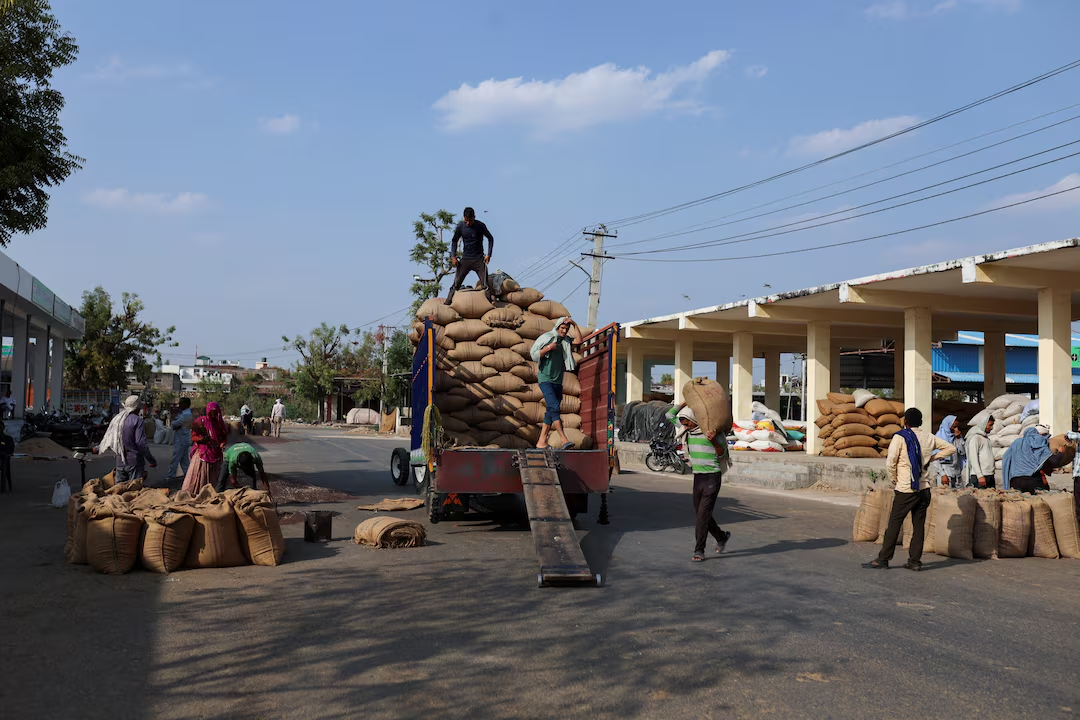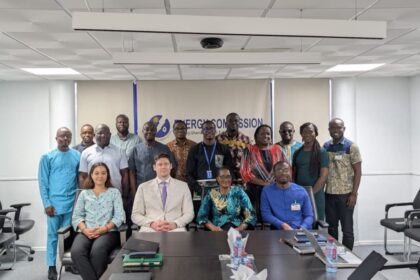From Akropong to New York the message is the same: let those who live with the problem lead the answer. Set fair rules, provide honest funding, and then demand proof.
In Akropong, a community programme led by the Grace Congregation Presbyterian Church, working with Landfills2Landmarks under Board Chair Joyce Bawah Mogtari and partners including Amor Europe, is making reusable pads from clean offcuts.
MP Sammi Awuku has pledged constituency support. The work is practical and grounded: it keeps girls in school, eases costs for families, and provides paid work for local women.
If the pilot meets its targets, plans are in place to expand to factory scale within the next year.
That is how change should grow. Start small, prove the model, then scale with care.
In Accra, students at Green Tales kept it simple.
They chose changes a school can make in one term, such as reusable bottles, basic sorting of waste and shared transport for club events, and they promised to report back.
Not a slogan in sight. Just tasks, timelines and ownership.
The same spirit should guide public life.
During the United Nations General Assembly in New York, Ghana argued for room in national budgets so that early warnings, safe water and clinics ready for heat are not forever postponed.
Clear the old debts that choke routine services. Keep the rules for green trade stable and fair. Make climate funding predictable and open to scrutiny.
Standards matter on the shop floor as much as in a policy paper.
Our report from Panipat in India, as covered by The Guardian on 7 October 2025, shows what happens when they slip: lint and dust in the mills, dye in the drains, illness downstream.
This is not a case against recycling. It is a call for basics that everyone understands: clean air at work, protective gear people can use, proper treatment of wastewater, and clear labels so buyers know the fibre content.
When Europe and others raise the bar, support for meeting the rules should travel with the rulebook.
Finance must be as clear as the goals it claims to serve. In Southeast Asia, public and private capital are joining forces.
Say who takes risk and who is paid. Set out what success looks like and publish the numbers on time: homes that gained power, tonnes of emissions avoided, jobs created and where.
When projects miss the mark, level with the public and correct course.
This is the craft of delivery: clear aims, open plans, hard numbers. Reward what works, retire what does not, and share success with credit to its makers.
We will report on the pads in practice, track Ghana’s case for local delivery, test textile rules in real factories, and check climate finance against pledges, disbursements and results.
Accountability begins close to home. It is practical and public. For it to endure, the rules must be fair and the finance must be real.
That is the test we will apply, edition after edition.
Source: www.climatewatchonline.com

